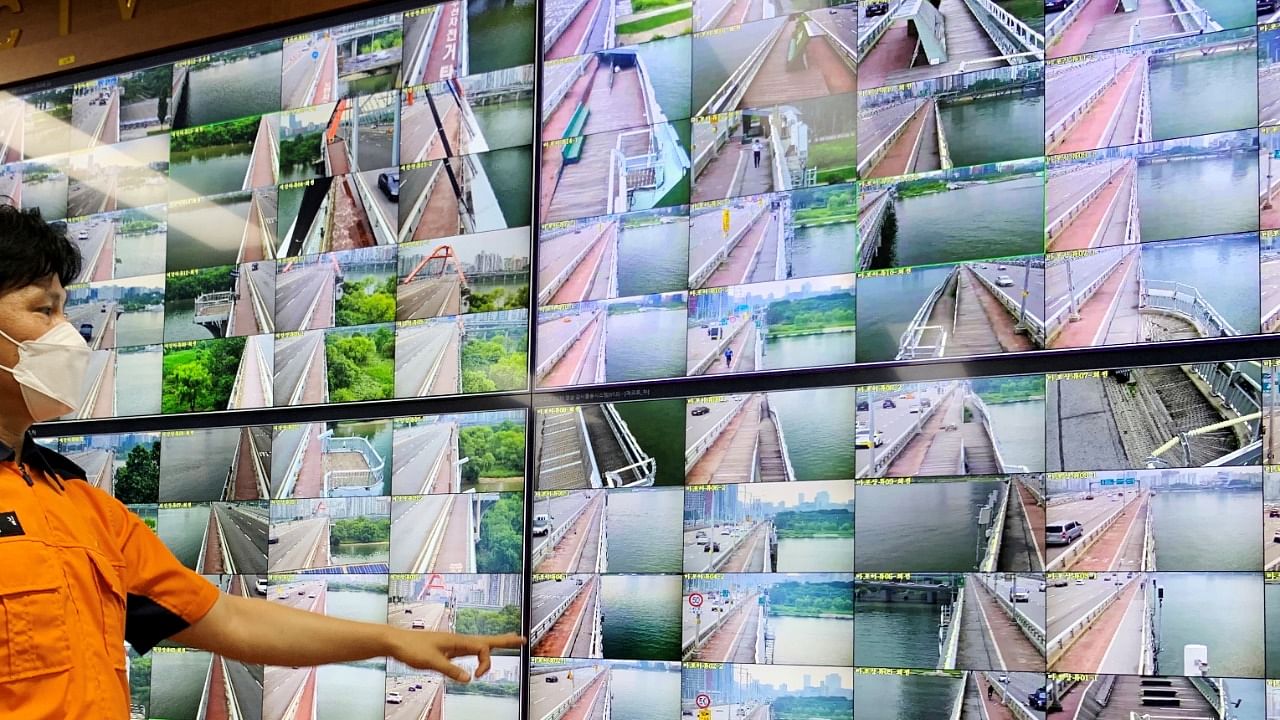
Is the young woman in the summer dress just admiring the view off the bridge? That is the question South Korean researchers and the emergency services are working to answer using artificial intelligence to detect and prevent suicide attempts.
In this case it is one of the researchers demonstrating how hard it can be for human surveillance teams to tell.
But the AI system they are developing has been learning patterns of behaviour by analysing data from cameras, sensors, and the dispatch records of rescue services since April 2020, Seoul Institute of Technology said on Wednesday.
Read more: Digital sex crime has become a nightmare for South Korean women, HRW wants better safeguards
Based on information from hours of CCTV footage and assessing details such as the hesitation of the person, the AI can then forecast a hazardous situation and immediately alert rescue teams, principal researcher Kim Jun-chul said.
“We believe the new CCTV will enable our crews to detect the cases a bit faster and help us head to a call more promptly,” Kim Hyeong-gil, who is in charge of the Yeouido Water Rescue Brigade, told Reuters as he monitored real-time footage from bridges on Seoul's Han River.
Kim's team have been working with the researchers to come up with the technology that his crew and the Seoul Fire and Disaster Headquarters will be piloting from October.
Their work cannot come quickly enough.
South Korea, with a population of 52 million people in 2019, had the highest suicide rate in the OECD. More than 13,700 people took their own lives the same year, government data showed.
Nearly 500 suicide attempts are reported on 27 bridges over the nearly 500 km (300 miles) long Han River every year, the city said.
The number of rescue dispatches surged about 30% in 2020 compared to the year before and many of the attempts were made by the people in their 20s and 30s as the coronavirus pandemic brought greater economic hardship and increased the battle for jobs, the rescue brigade's Kim said.
"The system learns the footage itself, which can bring about improved results by greatly reducing false alarms," the principal researcher said.